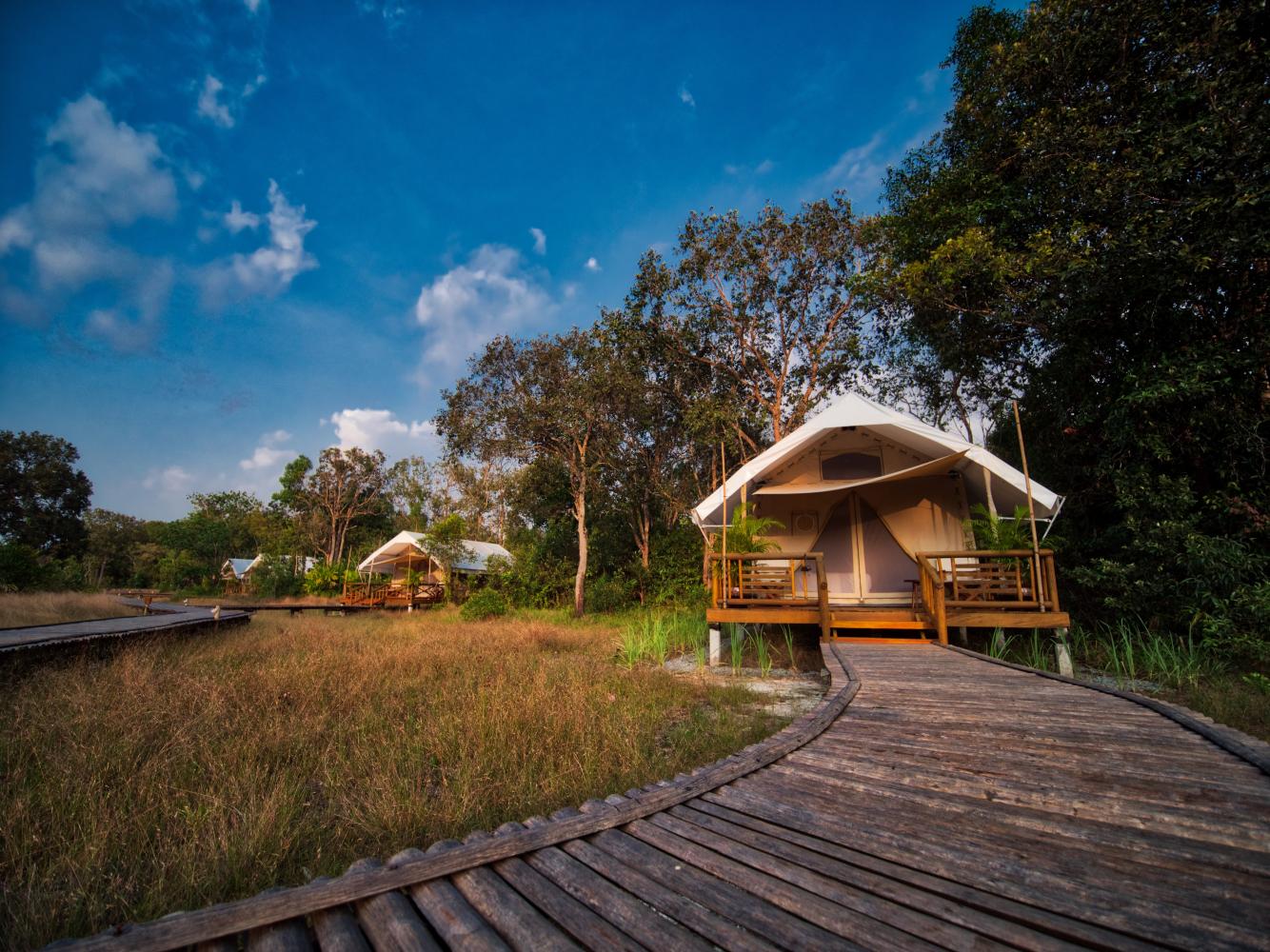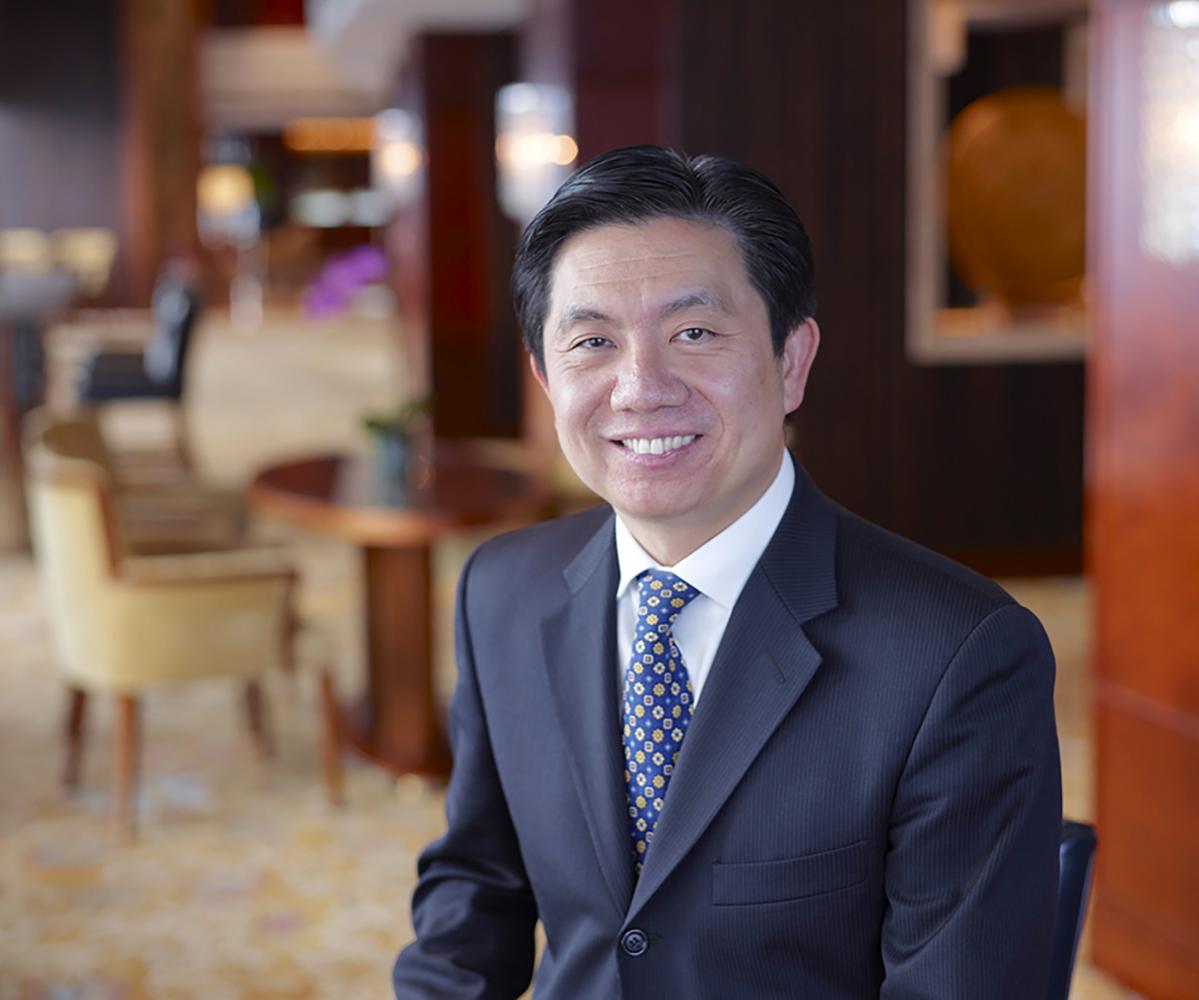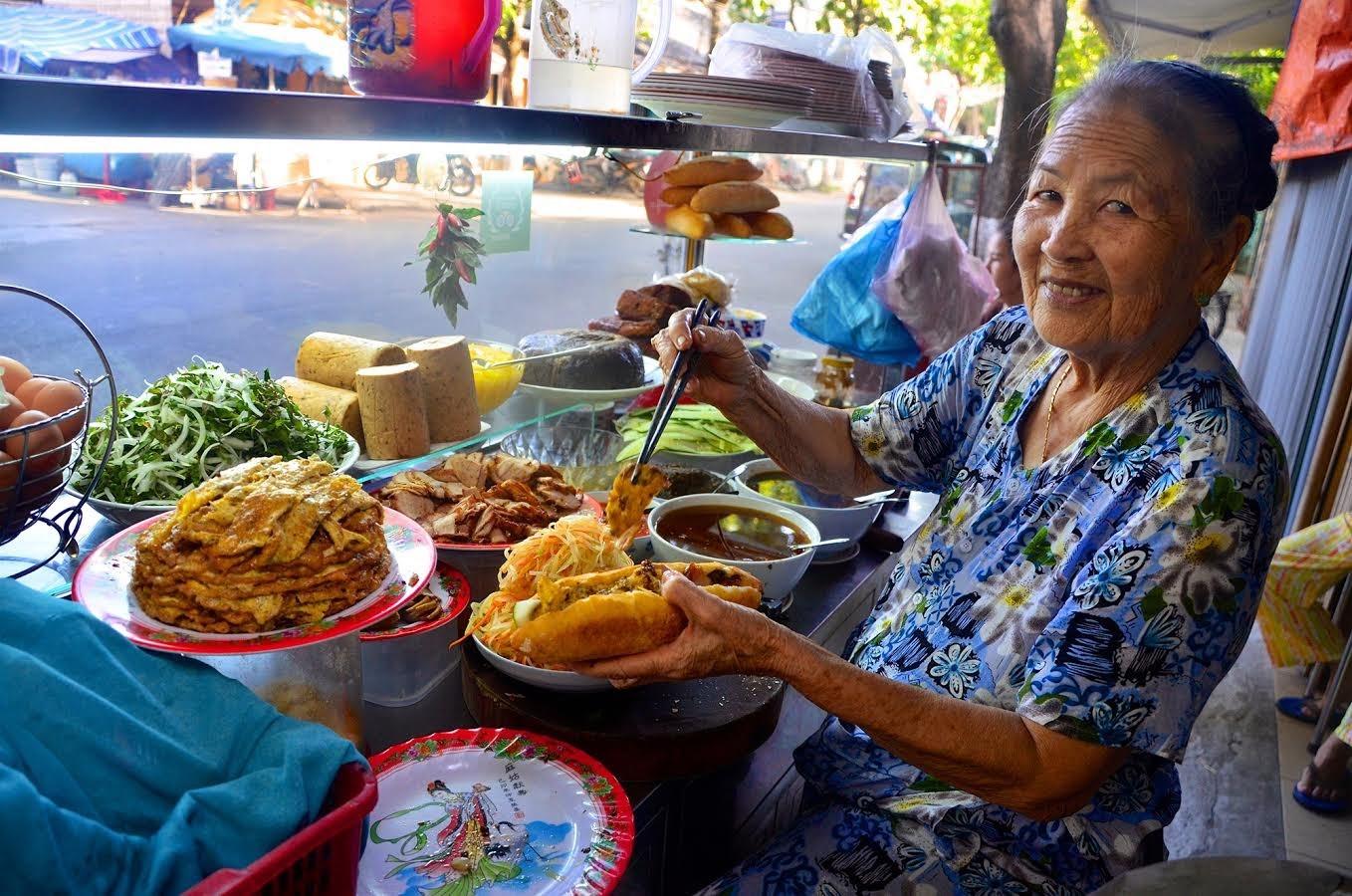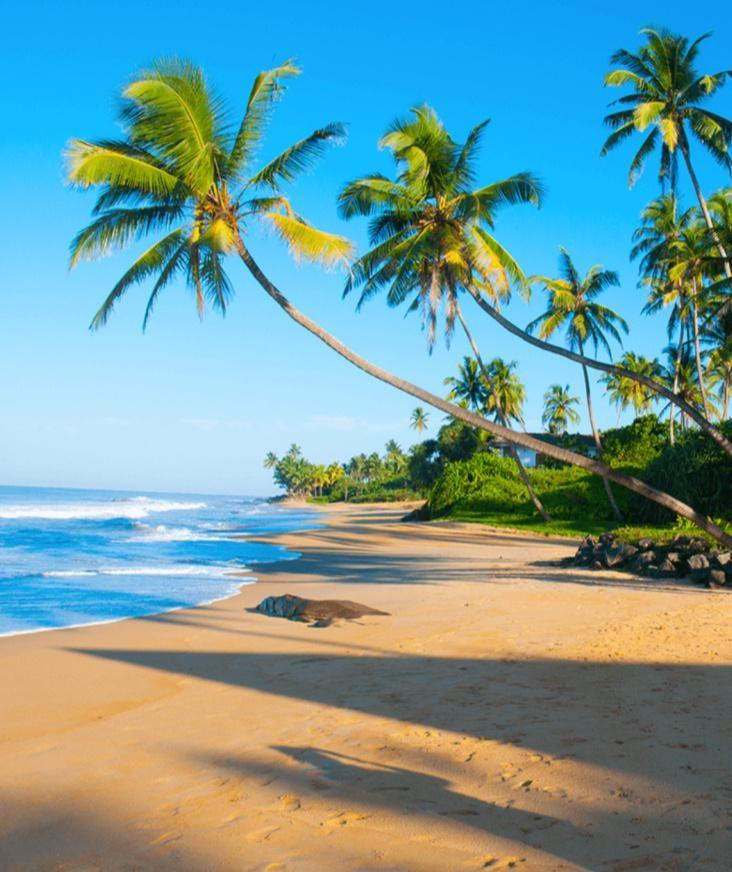
As the world faces the devastating consequences of the Covid-19 pandemic, tourism is among the sectors affected the most severely. A major source of revenue and jobs in Asia, it started to feel the pain early when the Chinese outbound market collapsed almost overnight in late January.
After months of lockdowns, countries are cautiously starting to ease travel restrictions, starting with domestic tourism. Vietnam, praised worldwide for its timely and aggressive response to the virus, was among the first to start encouraging its citizens to travel again.
Now, Vietnam and others hailed as standard bearers for virus containment the first time around, including Australia and Hong Kong, are battling a second wave. Japan -- also praised for keeping case numbers low without a lockdown or even any legal means to force businesses to close -- is facing a formidable resurgence, with daily cases hitting records day after day.
In Vietnam, nearly 350 cases and 10 deaths were reported in the three weeks to last Friday, after months of no fatalities and just over 400 cases overall. The spread is clustered in the coastal tourism hub of Danang, and the strain appears more transmissible than previous versions, health authorities say.
"Such cases have led to the extension of international travel restrictions and destination lockdowns, which ultimately has hampered the recovery of the sector, leaving jobs and economies under threat," said Lim Boon Kwee, chief operating officer of the Bangkok-based hospitality chain Dusit International Plc.
The group's property portfolio is spread across 13 countries: Bhutan, China, Egypt, Indonesia, Japan, the Maldives, the Philippines, Qatar, Sri Lanka, Thailand, the UAE, the US and Vietnam. Of these, only Dubai and the Maldives are currently open to international visitors. As such, the majority of Dusit's destinations are seeking to recover by focusing on stimulating domestic tourism.

The Cardamom tented camp and conservation project in Cambodia is operated by Yaana Ventures, which offers unique travel experiences in eight countries in the region. Photos courtesy of Yaana Ventures
"The sudden emergence of such cases highlights the unpredictable nature of the virus and why it's difficult to anticipate how a tourism recovery will take place," Mr Lim told Asia Focus.
"The daily deluge of online information -- some factual, some fake -- also makes the situation confusing and difficult to analyse."
That said, restrictions on travel will depress tourism and hospitality revenue in the short and medium term, he said. "Until international borders reopen, everyone in our sector will be doing our utmost to encourage more domestic trips and also entice more domestic spending."
Willem Niemeijer, CEO of Bangkok-based Yaana Ventures, said that even before Covid, there were some Thai destinations that clearly appealed more to domestic travellers, among them Bang Saen, Khao Yai and Loei. Others appeal more to international travellers, such as Phuket and Koh Samui. "Naturally the offers in terms of accommodation are adjusted to those tastes and budgets," he explained.
The impact of the crisis on disposable incomes, he added, further undermines the idea that domestic travel can seriously support the sector, given the huge investments made in past decades.
"This is a devastating blow for normal tourism. The only revenues in tourism are in the domestic market, the volume of which is directly linked to the nation's level of development," he told Asia Focus.
Formerly known as Khiri Group, Yaana Ventures operates inbound tours in eight countries (Thailand, Cambodia, Vietnam, Laos, Myanmar, Sri Lanka, the Maldives and Indonesia) under Khiri Travel which Mr Niemeijer founded in 1993. Its business also includes a tented camp and conservation tourism project in southwestern Cambodia, an eco-lodge in Surat Thani in southern Thailand, and GROUND, which offers educational travel programmes for colleges and universities.

"Most domestic markets seem to avoid domestic flights in favour of cars, limiting the radius of travellers from hubs such as Bangkok, Ho Chi Minh City and Hanoi. With Thailand as an example, few travellers will end up on the southern islands or in the North," he said.
The United Nations' World Tourism Organization (UNWTO) in May released multiple scenarios for this year, saying international tourist arrivals may drop by between 58% and 78% by year-end, depending on when governments reopen borders. That would translate into a loss of 850 million to 1.1 billion international tourists globally, putting between 100 million and 120 million jobs at risk.
As of the end of May, the pandemic had already led to US$320 billion in lost revenues, already three times the cost of the 2008-09 global financial crisis.
The hotel data provider STR, meanwhile, said the occupancy rate in Asia Pacific in May was down 47.3% from the same month a year earlier. Revenue per available room stood at $20.04, down 68.5%.
In Japan, the "Go To Travel" campaign since June 22 has offered subsidies covering half of eligible domestic travel expenses, up to ¥20,000 ($187) per night. But Tokyo was cut from the programme after a resurgence of the virus there, a move that has reverberated through the travel industry.
"The situation became so severe that the tourism industry needs to brace for the worst scenario -- that the massive injection of money may not convince people to travel, and the economy continues to go backward," said Yuichi Yamada, chief researcher at the Japan Travel Bureau Foundation.

"I expect to see more 'slow' travel as a result of Covid" with visitors happy to stay in a single place, says Willem Niemeijer of Yaana Ventures. SUPPLIED
SLOW RECOVERY
According to the latest analysis from the UNWTO, 40% of all destinations worldwide had eased their restrictions as of July 19, up from 22% in mid-June and 3% in mid-May.
However, of the 87 destinations that have eased restrictions, just four have lifted all curbs, while the rest maintain some partial border closures. Forty-one of the 87 destinations are in Europe, and another 20 are small island developing states, for which tourism is the central pillar of the economy. That leaves 115 destinations whose borders remain completely closed to tourists.
At Club Med, the Chinese-owned resort village company headquartered in Paris, almost all of its resorts in China reopened in May, with Japan and Malaysia now joining the list, said Xavier Desaulles, CEO for Asia and the Pacific.
"Looking at the rate of how fast guests are coming to travel since the reopening of our resorts in China, Japan and Malaysia, the pent-up demand is real," he told Asia Focus by email.
"We also see travel demand in our resorts that have opened in Europe where cross-border travel is possible this summer. There will be many Asean governments that will be watching developments elsewhere keenly and draw learnings.
"It is not overly optimistic to state that a fourth-quarter reopening is possible, with manageable restrictions. Naturally this recovery, when it happens, will first be marginal versus the same time last year."
Kirida Bhaopichitr, director for international research and advisory service at the Thailand Development Research Institute (TDRI), expects domestic tourism to start recovering in the third quarter of this year.
"It will not fully recover to pre-Covid levels until 2022. The government's domestic tourism stimulus packages of 22.4 billion baht from July to October 2020 will also help," Dr Kirida wrote in a report released on July 15.
"International tourism will start to slowly recover end-2020 with a focus on selected business and medical travellers. Foreign tourists who are vaccinated can start to come in 2022," she said, adding that a full recovery will not be seen until 2023.

Lim Boon Kwee, chief operating officer of Dusit International Plc SUPPLIED
Mr Niemeijer of Yaana Ventures said that reactivating cross-border travel is vital to reviving the sector.
"I expect to see more 'slow' travel as a result of Covid," he added. "Tourists will probably be happier to stay at one hotel or resort for the duration of their trip and not move around as much as before. They'll avoid crowded places more.
"Similarly, this will be a boost for places like Luang Prabang and Siem Reap, who will love to see Thai travellers return.
"[But] as long as borders remain closed and there is no reopening date in which travellers and the industry can have confidence, there can be no recovery."
Mr Desaulles said setting up "travel bubbles" or green lanes between countries should be accelerated whenever possible.
"For Club Med, we operate in international destinations with guests coming from source markets all around the region and globally. Inevitably, the recovery for us will be impacted by travel restrictions imposed by governments to limit border travel," he said.
"Whether the vaccine will be found in the next six, 12 months or longer, cross-border travel will need to start again. It facilitates economic and social benefits for every country."
Mr Niemeijer is less optimistic, saying he does not foresee a recovery any earlier than the beginning of 2021. "By that time, the damage done to the tourism infrastructure will be so great, that the recovery may take a decade."

Hoi An in Vietnam is famed for its food but travellers will have to wait a little longer to return, as the coronavirus has returned, resulting in fresh restrictions. SUPPLIED
TRAVEL WITH COMFORT
Mr Desaulles said a key concern for all travellers now is how health and safety risks are being managed at their destination.
"Until a vaccine is found and ready for mass-market use, countries should also look deploying more rapid-test kits that can show results in a short period of time," he said.
At present, guidelines prescribed by the World Health Organization (WHO) are the common safety standard for hotel and tourism operators as a starting point of any hygiene programme.
"As a global company, we are also required to abide by local standards in the markets we operate in," said Mr Desaulles. "We have in place a set of comprehensive safety and hygiene protocols through a programme called Safe Together. We have also kept the maximum occupancy between 60% and 70% to respect safe distancing and ensuring protocols can be adhered to.
"We have seen all hotel brands up their game on safety and hygiene standards to draw back guests. It is a positive development for the industry as many of these practices will be retained … even after the crisis."
Mr Lim of Dusit agreed safety is now the top priority for travellers and the businesses that serve them. "Heightened standards of cleaning and sanitation, physical distancing and contactless experience must all be in place to ensure visitors can travel with confidence and stay with peace of mind," he said.
"We must understand the new demands of travellers in the 'new normal'. We must recognise they want to go to less crowded destinations, see fewer people, try local experiences, control their own time, and do whatever they want.
"In short, they want flexibility, and we must be ready to deliver this," he said, noting that activities and services that promote physical and mental well-being will also be essential.
Mr Niemeijer said hotels in Asia Pacific, especially major brands, have outlined detailed hygiene programmes, for example, Anantara's "Stay with Peace of Mind", IHG's "Clean Promise", Outrigger's "Clean Commitment", and many more.
However, Asean could be proactive and take the lead to create common regional standards. "They should give tourism operators the online tools and advice to help operators. But the standards can only be advisory. It's up to national governments or travel and hospitality associations within each country to enforce standards. What works for Singapore may not work for Cambodia, and vice versa," he said.

"A fourth-quarter reopening is possible, with manageable restrictions," says Xavier Desaulles, CEO for Asia Pacific of Club Med. SUPPLIED
POST-COVID TOURISM
Dr Kirida noted that heath consciousness will shift patterns of tourism during the transition. Air travel, meanwhile, will cost more as there will be fewer flights and carriers will be enforcing distancing measures.
There will be a shift from mass tourism to more independent travellers, mainly domestic tourists, from large hotels to boutique properties, and from long-haul to shorter travel distances.
More opportunities for medical and wellness tourism are emerging in Thailand as it has strengthened its reputation during the pandemic. The Dusit brand, for example, has partnered with a hospital to start a wellness facility in resort town of Hua Hin.
"Regional tourism will increase as international tourists, especially from China, will reduce their travel budgets. Chinese tourists will prefer to travel to countries that do not have anti-Chinese sentiment," Dr Kirida added.
Dusit's Mr Lim said that in this volatile environment, hotel staff will need to get used to multi-skilling and multi-tasking, as more routine and repetitive tasks will eventually be automated.
"In the new normal, innovation and efficiency will be required at all levels, and employees must have the mindset and passion for helping to generate revenue in a challenging and increasingly competitive market," he said.
Mr Desaulles said that raising service levels is a never-ending journey for hospitality operators. "Beyond service and related training, we need to reinforce the awareness about the importance of human connections, warmth, engagement and social moments," he said.

Sri Lanka is considering reopening to foreign tourists sometime around mid-August, but the situation remains very fluid. SUPPLIED
